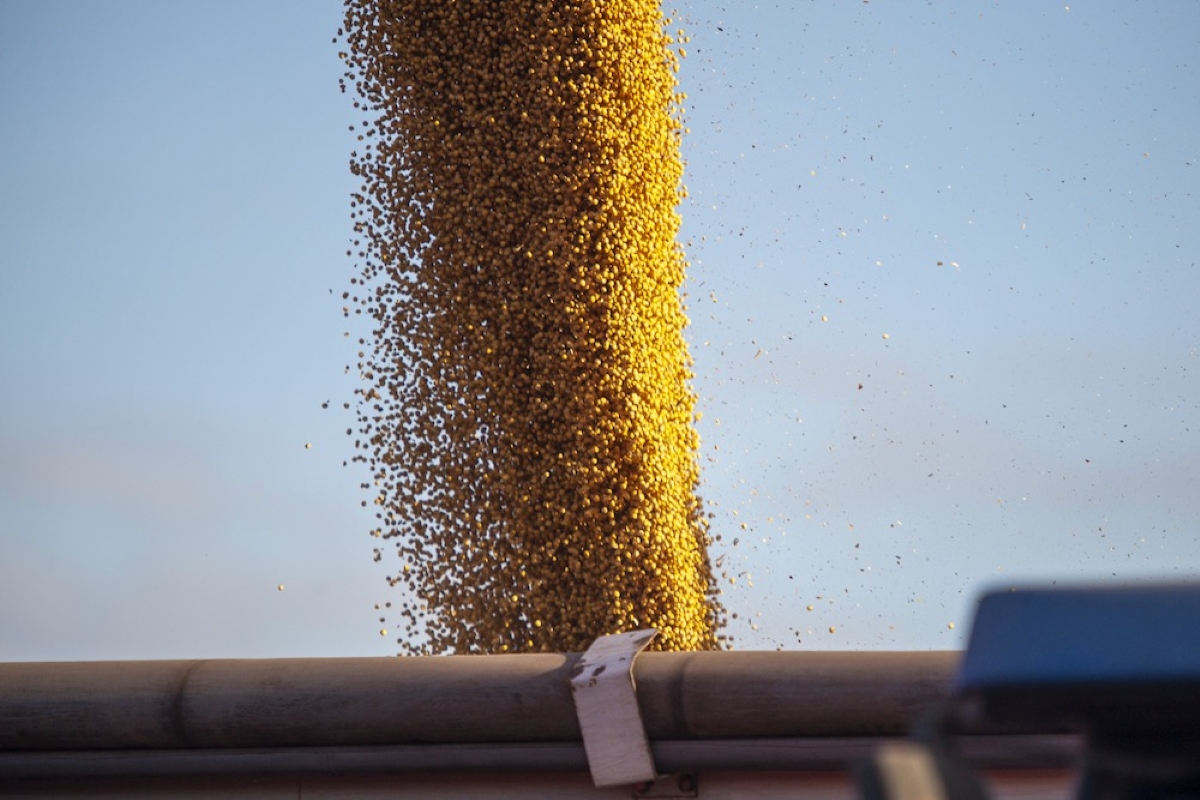Ottawa | Reuters — Canada on Thursday said it plans to ban the use of China’s Huawei Technologies and ZTE Corp. 5G gear to protect national security, joining the rest of the so-called Five Eyes intelligence-sharing network.
“We intend to exclude Huawei and ZTE from our 5G networks,” Industry Minister Francois-Philippe Champagne told reporters in Ottawa. “Providers who already have this equipment installed will be required to cease its use and remove it under the plans we’re announcing today.”
Champagne added that companies will be required to remove their 5G gear by June, 2024, and would not be reimbursed. Companies using their 4G equipment must be removed by the end of 2027.
Read Also

Brazil to reap record soy crop in 2025/2026, increase exports
Brazil’s Conab said the country will reap a record soybean crop of 177.6 million tons in the 2025/2026 harvest year, according to data released on Thursday.
The decision — widely expected — had been delayed amid diplomatic tensions with China. The rest of the Five Eyes network — which consists of Canada, the U.S., Britain, Australia and New Zealand — has already banned the equipment.
In September 2018, Canada first announced it would review the possible threats to national security in adopting Huawei equipment.
Then in December of the same year, Huawei chief financial officer Meng Wanzhou was arrested in Canada on a U.S. warrant, creating a long-running dispute with China that finally ended last September with Meng’s release.
After Meng’s arrest, two Canadians were arrested by Beijing and accused of espionage. The two men were released the same day as Meng.
Now diplomatic tensions between China and Canada have eased somewhat. On Wednesday, China removed a three-year restriction on imports of Canadian canola seed, reversing what was considered a retaliatory move for Meng’s arrest.
Winnipeg grain trader Ken Ball of PI Financial said Thursday he’s unsure whether the lifting of canola restrictions will result in increased business, as the suspension had only affected two companies — Viterra and Richardson International — and Canada “was still capable of exporting lots of canola to China if they wanted it through other companies.”
China, he said, is “not doing it because they’re nice guys, they’re doing it for a reason and the reason is they’re anticipating they might need to buy more canola in the upcoming season, with the vegoil situation being what it is.”
Thursday’s decision on Huawei comes after telecom companies in Canada already opted to use other companies’ 5G hardware. ZTE did not immediately responded to requests for comment.
Alykhan Velshi, vice-president of corporate affairs for Huawei in Canada, told CBC the company is still waiting to hear “what sort of national security threats they think Huawei poses.”
Velshi said Huawei still has 1,500 employees in Canada, mostly in research and development, and sold products such as mobile phones, and would continue to do so.
In 2020, Bell Canada and rival Telus — two of the biggest wireless providers — teamed up with Sweden’s Ericsson and Finland’s Nokia to build fifth-generation (5G) telecoms networks, ditching Huawei for the project despite using Huawei 4G gear.
In addition to the ban, Public Safety Minister Marco Mendicino said Canada would draft new legislation to protect critical financial, telecommunications, energy and transport infrastructure from cyber threats.
— Reporting for Reuters by David Ljunggren in Ottawa, additional reporting by Ismail Shakil; writing by Steve Scherer. Includes files from Adam Peleshaty of Glacier MarketsFarm.














